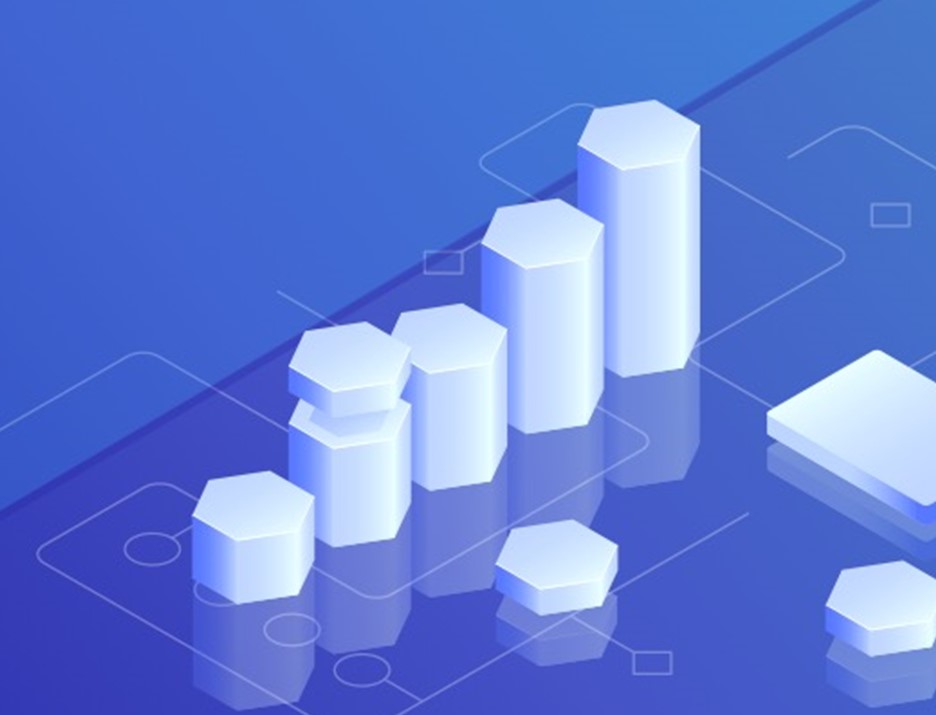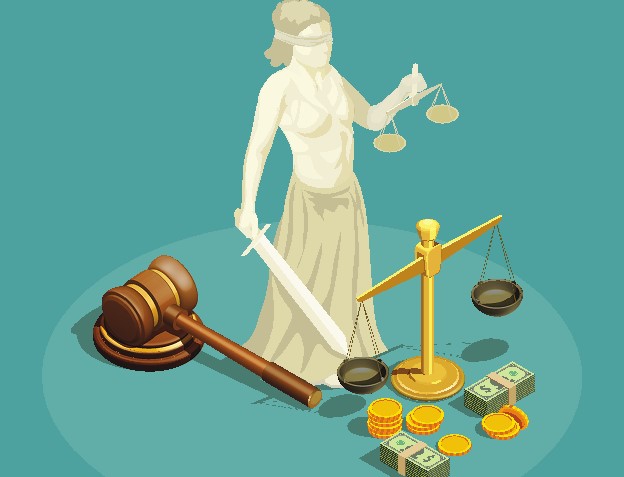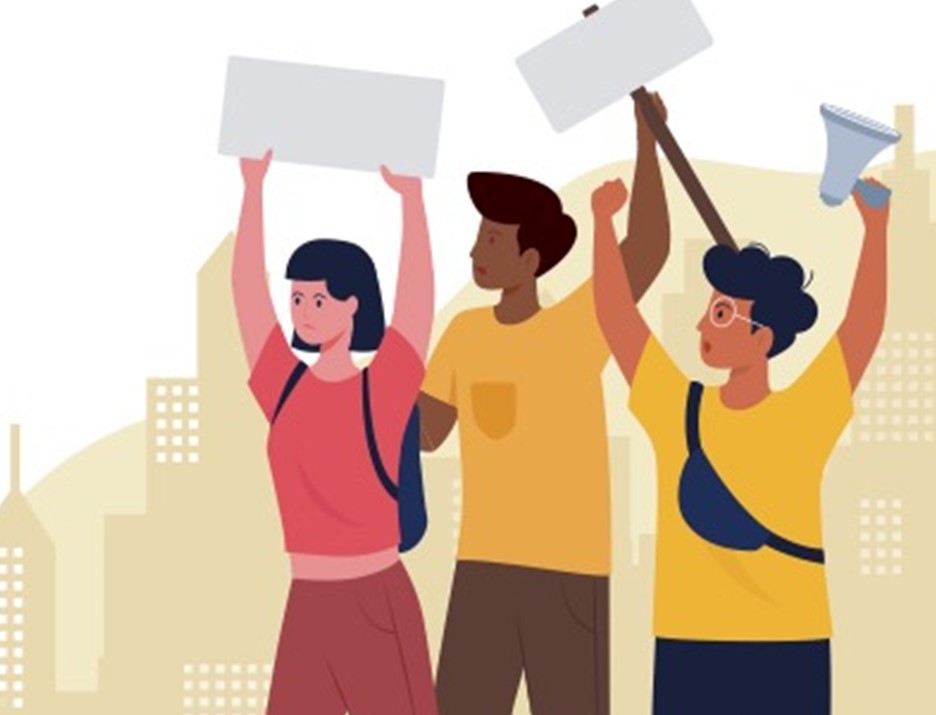
Grades 9-12


Help your students to think critically about ethical issues and understand why ideas of right and wrong are vital to economic decision making.
In this collection of lessons, students will create and support an argument for or against a sweatshop boycott using primary and secondary sources; consider perspectives related to whether or not businesses have a social responsibility during a simulation, primary source discussion, and creating a marketing pitch for a company’s board of directors; play the roles of doctors and patients, demonstrating the motives of self-interest, duty, and character in economic transactions; learn how their bias impacts their decision-making and research.

Grades 9-12

Grades 9-12

Grades 9-12

Grades 9-12

Grades 9-12

Grades 9-12

Grades 9-12

Grades 9-12

Grades 9-12